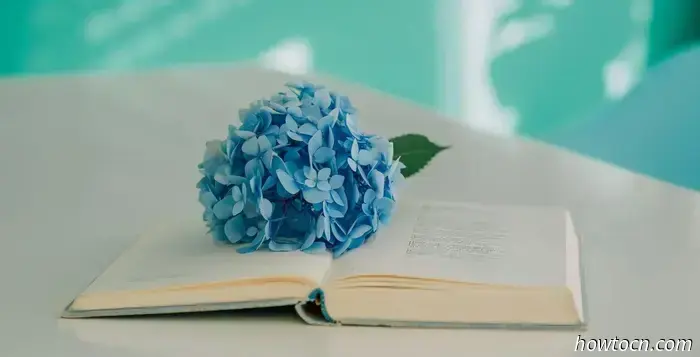
April is recognized as National Poetry Month in the US, and although we are an international group here in Beijing, we thought it would be a wonderful opportunity to celebrate the beauty of poetry. We invited a selection of Beijingers connected to the arts to share a poem they appreciate and to express what poetry signifies for them. As you read the selected poems and their reflections on poetry, we hope you feel motivated to contemplate your own poetry insights.
Zuo Fei – Poet
"Wild Geese" by Mary Oliver
Read the poem here.
A few lines from the poem resonate with me as valuable life lessons: “You do not have to walk on your knees / For a hundred miles through the desert, repenting.” ... “Whoever you are, no matter how lonely, / the world offers itself to your imagination.”
Whenever I think of this poem, I am struck by the power and humility it conveys. The imagery of geese traversing the desert on their knees is deeply moving, and the concluding lines about the geese asserting their place in the family of things are exhilarating.
Discover more of Mary Oliver's poetry here.
Guillermo Bravo – Author
"Canción de la madre Hogarth" by Osvaldo Lamborghini
For me, Osvaldo Lamborghini is among the most courageous and genuine poets I've encountered. His poetry transcends mere quality, escaping judgment based solely on individual verses.
I believe poetry holds significant importance, and it's so fundamental that there's no need to articulate why – no need for persuasion.
Discover more of Osvaldo Lamborghini's poetry here.
Fenia G. – Poet and Consultant
"The Red Wheelbarrow" by William Carlos Williams
Read the poem here.
The impact came not from the poem itself, but from my 11th-grade teacher's enthusiastic entry into my 12th-grade class to present a rebuttal or perhaps an interpretation of "The Red Wheelbarrow" and its purpose to "be" or "mean." I can't even remember who originated the rebuttal, but that moment showcased the potency and application of poetry. It can indeed "be," but what happens if it also "means"?
I appreciate all forms of art, including visual and performance arts; however, poetry is the most direct. It is the fastest, most succinct, and most emotional way to convert feelings and thoughts into communication and connection. When I manage to do it well, the effect is profound and visceral; it resonates with people, and that lingering impression is what I find significant.
Discover more of William Carlos Williams' poetry here and here.
Anthony Tao – Poet and Editor
"Talk to God" by Stephen Dunn
Read the poem here.
There are numerous Stephen Dunn poems I admire, yet I consistently return to this one. I appreciate its accessibility and breadth—from a generalized "unnamed world" and "small enthusiasms" to the specific "silkworm" and "the old, stunned silence." I cherish that it addresses the universe's most significant, metaphysical, and timeless dilemmas, underpinned by the ultimate theme of God, while truly reflecting on us: the earthly, the human, the humane, focusing on our desires, pleasures, and daily lives. And I appreciate the conclusion: a determination for fairness, rightful rewards, and self-determination, even if it’s as improbable as getting God to listen.
Poetry acts like chiropractic care for the soul; it realigns our path around the sun, through time. It reorients us concerning the world and helps shape our experiences, which I strive to encapsulate on my poetry substack.
Discover more of Stephen Dunn's poetry here and here.
Rianka Mohan – Writer and Former Banker
"Love Without Hope" by Robert Graves
Read the poem here.
I am unsure when my admiration for poetry equaled that for prose, but at some point in my childhood, I uncovered its subtle magic—the ability to evoke feelings and distill meaning through its rhythmic, exquisite structure. Much like a fortunate pebble in your pocket or a unique seashell along the beach, poetry has become a cherished treasure. It represents craftsmanship at its best, and great poets are skilled artisans and narrators. I love that, if only for a fleeting moment, I relinquish the control of my heart to them, and with just words, they guide me on a unique and extraordinary journey.
One poem that has profoundly touched my heart is Robert Graves' "Love Without Hope." In just four seemingly simple yet carefully crafted lines, he paints such a vivid scene that I can see it unfolding before me. The social order and the raw drive of yearning unraveling a livelihood. Then, the final haunting, romantic image—larks, liberated by love, soaring above the lady’s head as she rides, unaware of the youthful bird-catcher left behind to grieve both the loss







Five residents of Beijing share their preferred poems in honor of National Poetry Month.